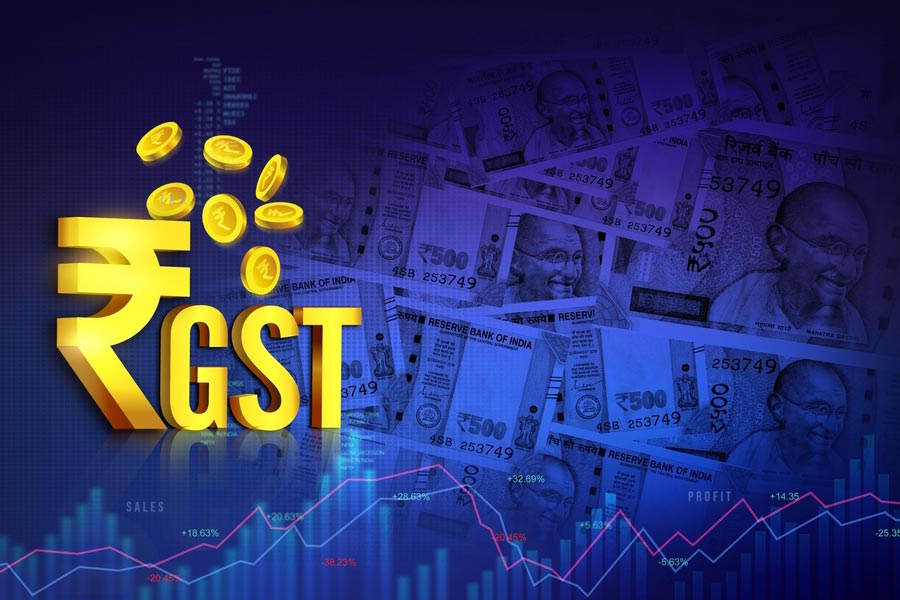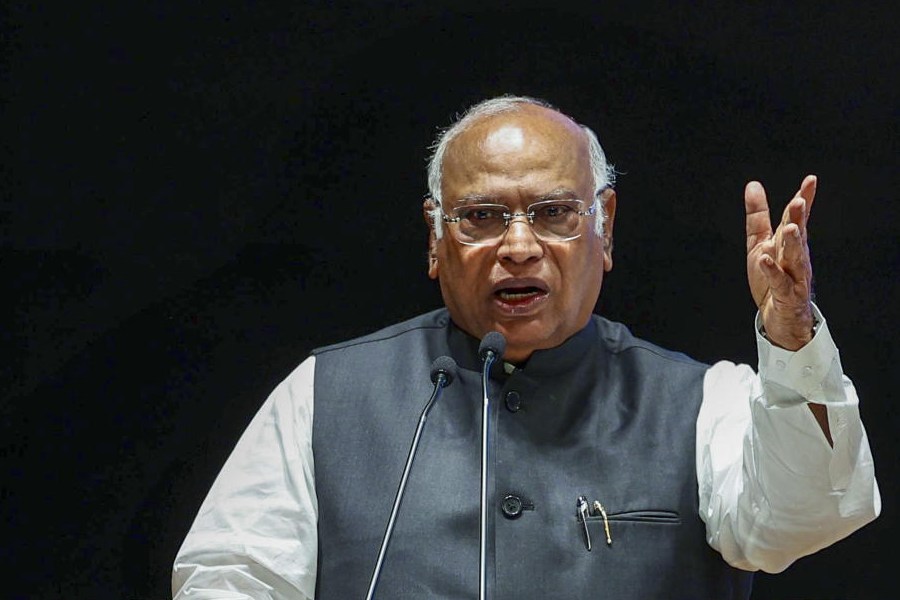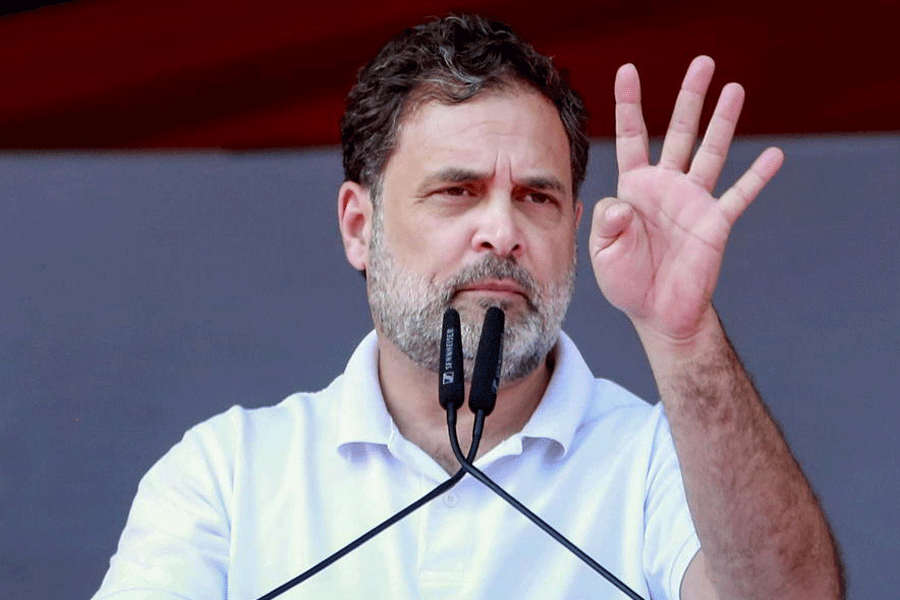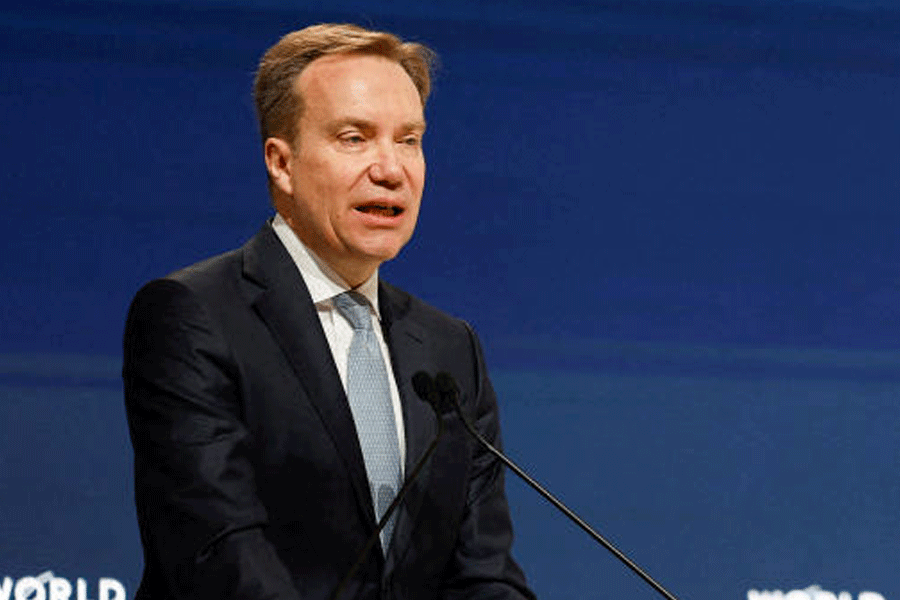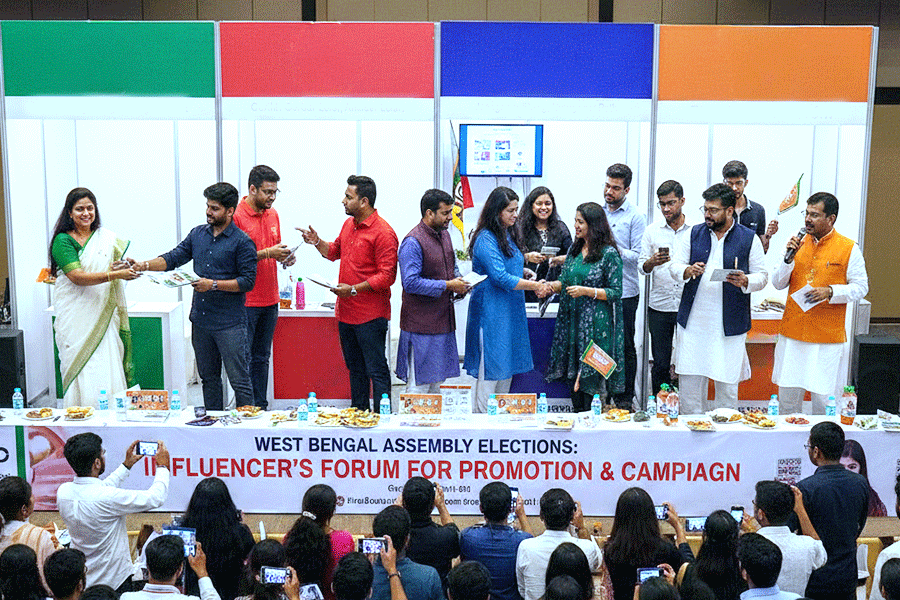India’s corporate leaders on Wednesday hailed the government’s overhaul of Goods and Services Tax (GST) rates as a “landmark” reform to boost consumption and simplify compliance, even as global airlines warned the rise in taxes on premium travel was “counterproductive”.
Finance minister Nirmala Sitharaman on Wednesday announced cuts across hundreds of consumer items – from soaps, packaged foods and medicines to two-wheelers and small cars – under the new NextGen GST framework, effective from 22 September.
The reform collapsed the four-tier system into a simpler two-rate structure of 5 and 18 per cent, while retaining a 40 per cent levy for luxury and so-called “sin” goods such as tobacco and alcohol.
Sitharaman said the measures were aimed at spurring domestic demand, reducing costs for households and businesses, and strengthening India’s bid to become the world’s third-largest economy.
Mahindra Group chairman Anand Mahindra said India had “now joined the battle” for growth, but urged policymakers not to stop here.
“More and faster reforms are the surest way to unleash consumption and investment. Those, in turn, will expand the economy and amplify India’s voice in the world. But let’s remember the famous exhortation of Swami Vivekananda: ‘Arise, awake, and stop not till the goal is reached.’ So, more reforms, please,” he posted on X.
The construction sector, a key driver of India’s infrastructure push, welcomed the tax cut on cement. Vinod Bahety, chief executive of Adani Cement, said: “A reduction in duty on cement will accelerate the nation’s infrastructure pipeline, catalyse industrial expansion, and strengthen India’s march towards a multi-trillion-dollar economy.”
Industrialist Harsh Goenka has called the recent Centre's decision to slash and rationalise GST rates under the NextGen GST framework a "big Diwali gift" for every Indian. In a post shared on X, Goenka said, "Big Diwali gift for every Indian! GST on daily essentials, healthcare, education & farming inputs slashed. Cheaper groceries, Relief in healthcare, Affordable education, Support for farmers."
RP-Sanjiv Goenka Group chairman, Sanjiv Goenka, also lauded the citizen-first approach. “By making essentials affordable, supporting healthcare and education, and empowering agriculture, these reforms also provide fresh momentum to the economy. A reflection of Narendra Modi's leadership and Nirmala Sitharaman's strategy for inclusive growth,” he posted on X.
Ashok P Hinduja, Chairman, Hinduja Group of Companies (India), said the GST rate cuts announced across the board augur well for the economy as they will support India's macroeconomic stability by spurring demand at the grassroots level.
"This move was a much-needed consumption booster to cushion the global economic headwinds resulting from the lopsided tariff regimes being pushed by the US. It will have a cascading positive effect on several adjacent sectors, both upstream and downstream," he stated.
State Bank of India chairman C.S. Setty said the shift to a two-slab system marked “a landmark in India’s indirect tax reforms”, adding that cheaper household goods would provide “tangible relief in the form of lower costs on essentials and higher disposable incomes”.
Punjab National Bank chief executive Ashok Chandra said the banking sector stood to benefit through higher demand for loans in retail, agriculture, MSME and renewable energy segments.
The insurance industry said the removal of GST on life insurance policies and exemptions for cancer and life-saving medicines would ease pressure on households at a time of high medical inflation.
R. Doraiswamy, chief executive of LIC, said the changes represented a “visionary initiative” that would make insurance more affordable and move India closer to its target of “insurance for all” by 2047.
Tapan Singhel, head of Bajaj Allianz General Insurance, said: “At a time when medical inflation is rising steeply, this step directly benefits citizens and eases the financial burden on families.”
From the pharmaceutical sector, Sudarshan Jain of the Indian Pharmaceutical Alliance said: “The reduction in GST on a wide range of medicines from 12 per cent to 5 per cent will help ease the overall treatment burden and make essential therapies more affordable.”
Mother Dairy’s managing director Manish Bandlish commended the decision to reduce GST rates on a wider range of dairy products, including paneer, cheese, ghee, butter, UHT milk, milk-based beverages, and ice creams.
Mother Dairy is one of the leading dairy firms in the country. It clocked a turnover of Rs 17,500 crore in the last fiscal year.
Maruti Suzuki India said the GST rationalisation would help the automotive industry to come back to about 7 per cent growth on a yearly basis.
"The growth of the car industry in general will also benefit from the GST system. We expect the industry growth rate to come back to about 7 per cent a year. Manufacturing growth and employment will both benefit," Maruti Suzuki India Chairman R.C. Bhargava said.
FICCI president Harsha Vardhan Agarwal said: “While there are revenue implications of the announced measures, the important point to note is the improvement in economic sentiments the reduction in rates will lead to, and which in turn will boost consumption demand.”
Flipkart’s chief corporate affairs officer Rajneesh Kumar said implementation ahead of the festive season would “give a huge boost to consumption across categories, widen market access…”
The reform is also expected to reduce the capital cost of solar and wind power projects by around five per cent, according to rating agency ICRA.
EY India’s energy partner Saurabh Agarwal cautioned that contracts awarded before the tax cut “may require renegotiation of existing power supply agreements”.
The discordant note came from the aviation sector, which said the increase in GST on non-economy air tickets – raised from 12 to 18 per cent – could damage profitability.
Sheldon Hee, regional vice-president for Asia Pacific at the International Air Transport Association (IATA), said: “It is disappointing to hear of a decision to increase the GST on non-economy travel with no clear justification. Taxing premium travellers, where they often make a difference to a route’s viability, is counterproductive.”

